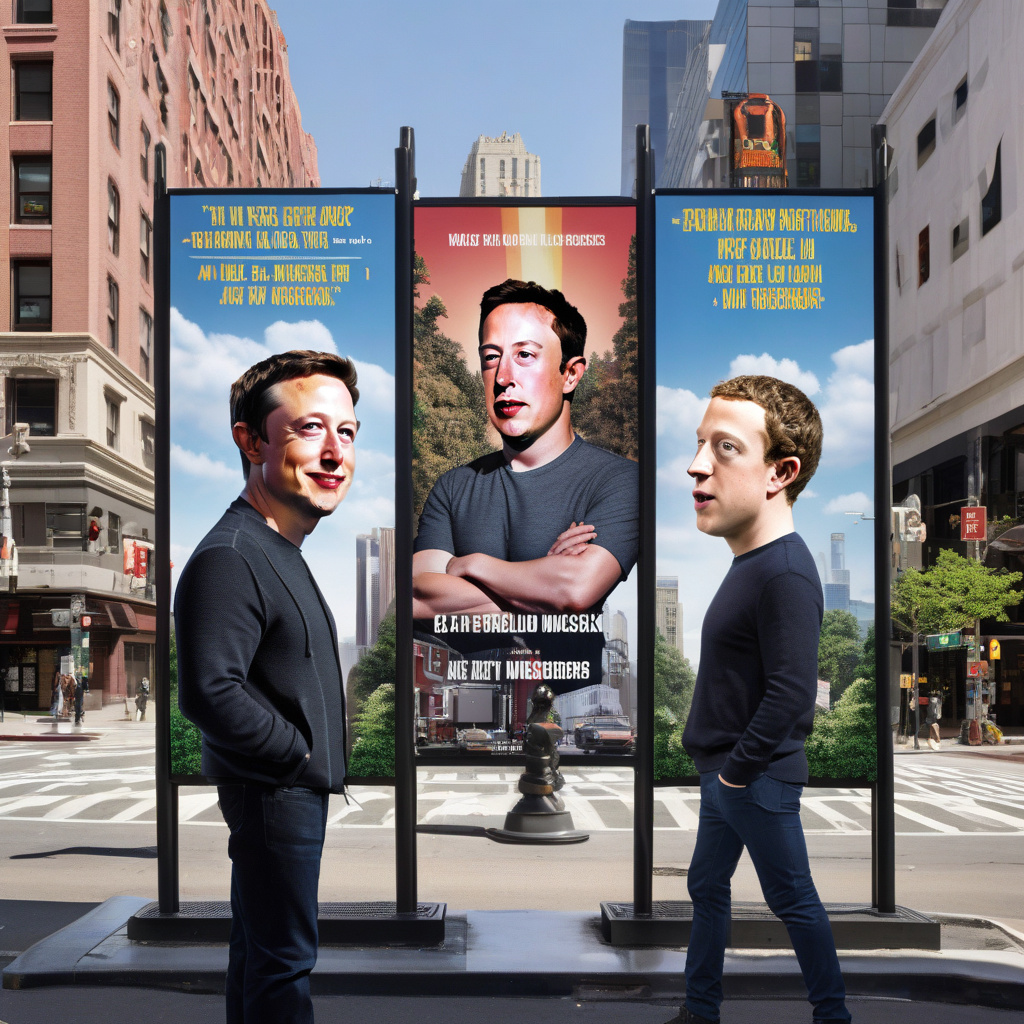AI Voice Hacks Put Fake Musk and Zuckerberg at Crosswalks
In the ever-changing landscape of technology, the rise of AI has brought about incredible advancements in various industries. However, with great innovation comes great responsibility, as seen in the recent emergence of AI voice hacks targeting prominent tech leaders like Elon Musk and Mark Zuckerberg. These spoofed messages, created using cloned AI voices, have been causing quite a stir by placing these influential figures in unexpected and often humorous situations, such as encountering them at crosswalks.
Imagine strolling down the street only to hear the voice of Elon Musk or Mark Zuckerberg coming from a nearby speaker, delivering a message that is completely out of character for these individuals. These AI voice hacks have the potential to not only confuse but also deceive individuals who may not realize that these messages are in fact fake.
The implications of such technology being misused in this manner are concerning, as it raises questions about the ease with which AI can be manipulated to spread misinformation or even defame public figures. In a world where trust and authenticity are already at a premium, these AI voice hacks serve as a stark reminder of the power that technology holds and the importance of using it ethically and responsibly.
It is crucial for both tech companies and regulatory bodies to stay vigilant in monitoring and addressing the misuse of AI technology. As AI continues to advance at a rapid pace, so too must our efforts to ensure that it is being used for the greater good rather than for malicious intent. This includes implementing safeguards and protocols to prevent the unauthorized use of AI voices for deceptive purposes.
Furthermore, the emergence of these AI voice hacks serves as a wake-up call for individuals to approach digital content with a critical eye. In a world where deepfakes and other forms of digital manipulation are becoming increasingly sophisticated, it is more important than ever to verify the authenticity of the information we encounter online. By remaining vigilant and questioning the sources of the content we consume, we can help mitigate the spread of misinformation and protect ourselves from falling victim to deceptive practices.
In conclusion, the rise of AI voice hacks targeting tech leaders like Elon Musk and Mark Zuckerberg underscores the dual nature of technological advancement. While AI has the potential to revolutionize industries and improve our daily lives, it also poses risks when misused. By staying informed, advocating for responsible AI usage, and approaching digital content with a critical mindset, we can navigate the complex landscape of technology with greater awareness and resilience.
AI, Voice Hacks, Fake Musk, Zuckerberg, Crosswalks
